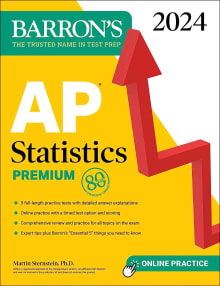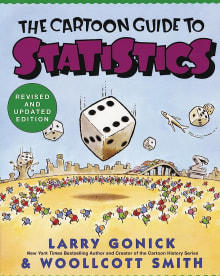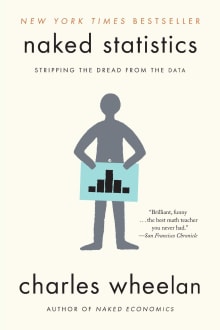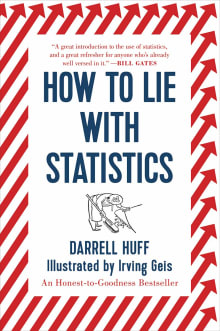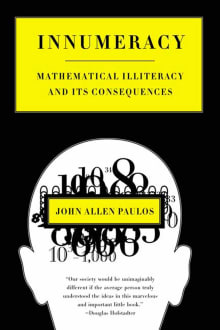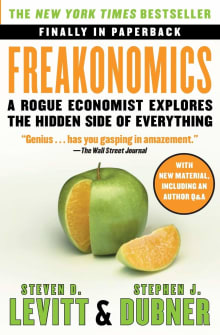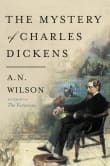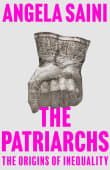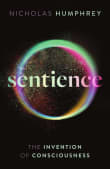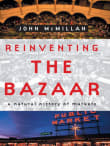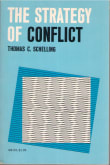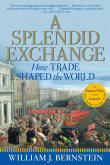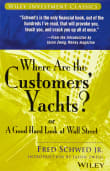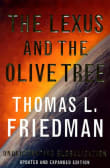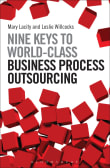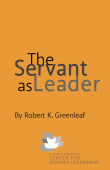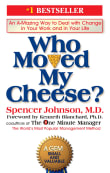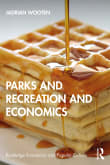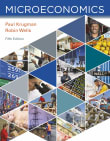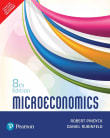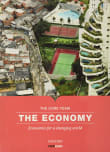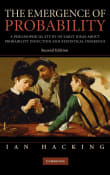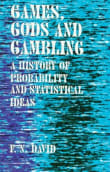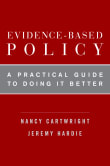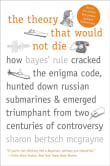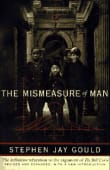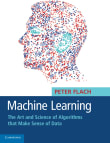
Why did I love this book?
This book is kind of a fun crash course in statistics which covers all the basic concepts at an introductory level.
The cartoons are a little bit dated, but still entertaining. There are lots of pictures and graphs which are a pleasure if you are a visual learner. The reader will come away with many useful tools to help understand real world problems.
I’m a retired math professor, but still got a real kick out of this book and especially appreciated the many good examples referenced such as gender discrimination in salaries and racial discrimination in jury selection. I recommended it to many of my struggling students.
1 author picked The Cartoon Guide to Statistics as one of their favorite books, and they share why you should read it.
Updated version featuring all new material. If you have ever looked for P-values by shopping at P mart, tried to watch the Bernoulli Trails on "People's Court," or think that the standard deviation is a criminal offense in six states, then you need The Cartoon Guide to Statistics to put you on the road to statistical literacy. The Cartoon Guide to Statistics covers all the central ideas of modern statistics: the summary and display of data, probability in gambling and medicine, random variables, Bernoulli Trails, the Central Limit Theorem, hypothesis testing, confidence interval estimation, and much more-all explained in simple,…
- Coming soon!

